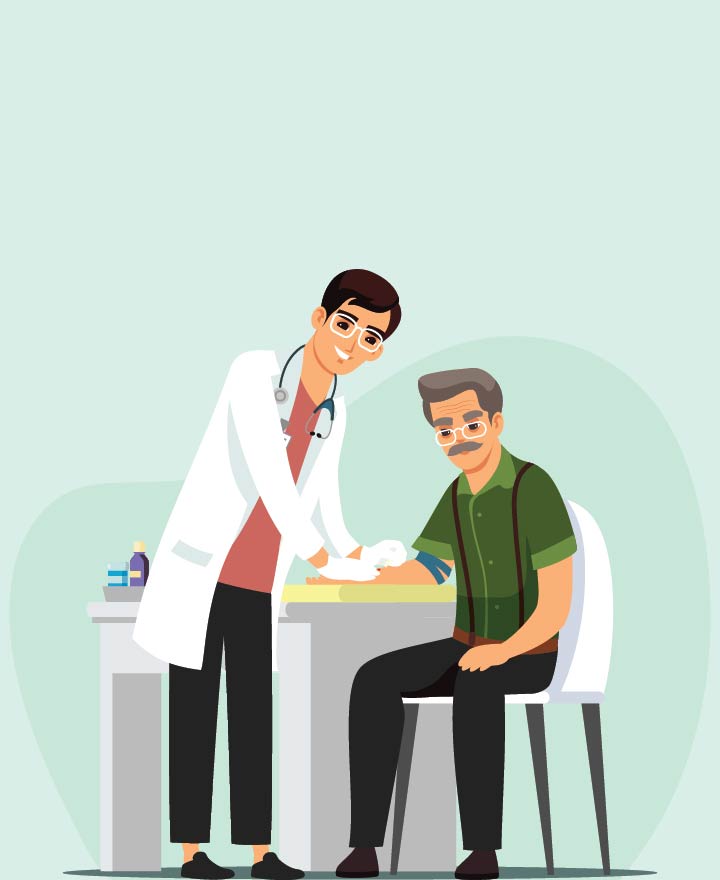

Is Glutathione Safe? What to Know Before You Start Using
Glutathione is a tripeptide composed of three amino acids—glutamine, cysteine, and glycine. It is one of the most important antioxidants produced naturally in the body. Due to its powerful effects, glutathione supplements have gained popularity for their potential benefits in skin whitening, anti-aging, and overall health. While it is generally safe, it may cause side effects hence unlike any supplement, understanding its possible side effects is essential for safe use. Read on to know more.
What are Glutathione Side Effects?
While studies on its side effects are limited, here are some of the possible glutathione side effects:
1. Gastrointestinal Issues
Oral glutathione supplements may lead to nausea, bloating, gas, or abdominal cramps. This usually occurs due to the body's reaction to certain inactive ingredients or a sudden increase in antioxidant levels disrupting normal digestion.
2. Allergic Reactions
Some users report mild allergic responses such as itching, skin rashes, or swelling of the lips or tongue. These symptoms may be due to hypersensitivity to glutathione or other compounds in the supplement formulation.
3. Respiratory Problems
Inhaled or intravenous glutathione has, in rare cases, triggered asthma-like symptoms, including wheezing, chest tightness, and shortness of breath—especially in people with pre-existing respiratory conditions. This is thought to occur due to bronchial irritation.
4. Skin Reactions
Topical or injectable forms of glutathione (often used for skin whitening) may cause local reactions like redness, irritation, or itching. The risk increases when glutathione is used in high doses or without medical supervision.
5. Potential Zinc Deficiency
Long-term use of glutathione, especially in high doses, may interfere with zinc metabolism. Since zinc is crucial for immune function and wound healing, deficiency symptoms could include weakened immunity, hair loss, or delayed wound recovery.
6. Severe Adverse Effects (Rare)
Some serious but rare adverse effects have been reported with high-dose intravenous glutathione, including:
• Stevens-Johnson syndrome and toxic epidermal necrolysis:
Severe skin reactions often linked to immune hypersensitivity.
• Liver dysfunction:
Possibly due to overburdening detox pathways, though evidence is limited and mostly anecdotal.
These outcomes typically occur with unregulated or off-label use, particularly in cosmetic settings.
Note: Since there is limited research available on the long-term effects and safety of glutathione supplements, it’s important to use glutathione supplements cautiously and its best consult a healthcare professional before starting treatment.
Conclusion
As glutathione supplements grow in popularity, being informed about potential side effects is crucial. It’s equally important to stay prepared for any unexpected health issues—whether from supplements like glutathione or other treatments. In such cases, having proper healthcare coverage matters. Choosing to buy health insurance can help cover essential medical expenses such as doctor visits, diagnostic tests, prescriptions, and emergency care, offering both protection and peace of mind.
One of the important components of our overall wellness is also being financially secured. Healthcare emergencies can happen any time, but a good health insurance policy can protect you from such uncertain situations. To know more about Wellness and other health related tips, visit the wellness corner.
Sources: apollopharmacy.in, webmd.com, ijdvl.com, vinmec.com, patsnap.com
Disclaimer: This blog provides general information and discussions about health and related subjects. The information and other content provided in this blog, website or any linked materials are not intended and should not be considered or used as a substitute for medical advice, diagnosis or treatment. Kindly contact your doctor before starting a new medicine or health regime.
Related Articles
Stress - Signs, Symptoms, Management & Prevention
Stress Relief - Tips to Reduce Stress
Chronic Stress - Symptoms, Diagnosis, and Treatment
Stress - Signs, Symptoms, Consequences & Prevention
Published on June 30, 2025















 Health Insurance
Health Insurance  Travel Insurance
Travel Insurance  Car Insurance
Car Insurance  Cyber Insurance
Cyber Insurance  Critical Illness Insurance
Critical Illness Insurance
 Pet Insurance
Pet Insurance
 Bike/Two Wheeler Insurance
Bike/Two Wheeler Insurance  Home Insurance
Home Insurance  Third Party Vehicle Ins.
Third Party Vehicle Ins.  Tractor Insurance
Tractor Insurance  Goods Carrying Vehicle Ins.
Goods Carrying Vehicle Ins.  Passenger Carrying Vehicle Ins.
Passenger Carrying Vehicle Ins.  Compulsory Personal Accident Insurance
Compulsory Personal Accident Insurance  Travel Insurance
Travel Insurance  Rural
Rural